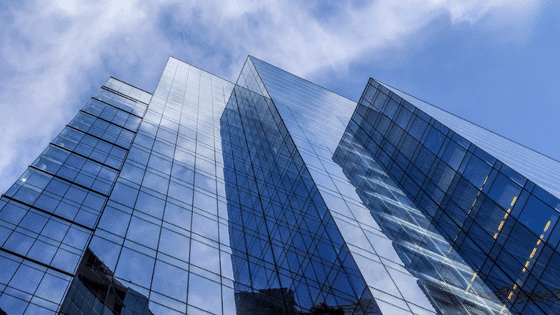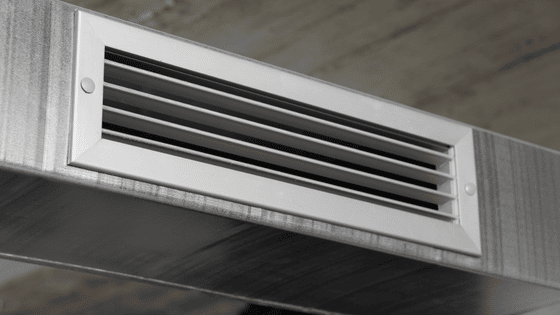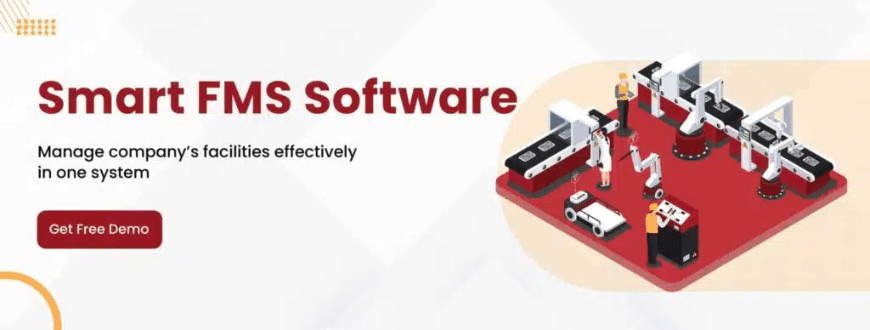Management of a business and company entails a variety of jobs and responsibilities. In addition to being an asset to the company, the facility requires proper management and maintenance. However, it may be difficult to manage and set the facility’s budget, maintenance, and other essential needs if facility management types are not decided.
These days, technological innovation and development are accelerating at a rapid rate, which can assist everyone in their work by making it simpler and more precise. ERP Software is the solution to the problem of managing the company’s assets and facilities. Calculating the ERP pricing scheme will provide additional insight into the situation.
Using an ERP system, such as facilities management software, can facilitate the management of the company’s facilities and other operations. The program can provide quicker access within a single integrated platform, an easier way of utilizing the platform, and more effective management of facility contracts.
Integration with other systems is an additional important and helpful feature that, when applied to work, can make it both more accurate and more efficient. This article will continue with a discussion of the significance of facility management as well as its various types.
Table of Content:
Table of Content
What is Facility Management?
Before continuing to know more about facility management, it is necessary to acquire a firm grasp of its fundamental notion. Facility management is a professional management discipline that, according to the International Organization for Standardization (ISO), attempts to provide logistics and other property investment support services in an effective and efficient way. This also involves maintenance and cleaning duties. It emphasizes the functionality, comfort, and security of the built environment while increasing its efficiency. Additionally, facility management integrates people, places, processes, and technologies into their work.
Why Does A Company Need a Facility Management System?
Everyone desires a work environment that is both productive and comfortable as is practically possible. The places and facilities utilized must be secure, welcoming, and functional for there to be a positive working environment. It is not always easy to work on since companies must properly manage and maintain their facilities in order to create this environment. Consequently, the company may discover that the Facility Management System enables them to handle their facility in a simple and effective way.
The Facility Management System can aid with a variety of functions, including budgeting, maintenance scheduling, tracking, and reporting. Having an automatic scheduling system and reminders for facility maintenance will prevent both poor maintenance and the requirement for additional repair costs. A barcode monitoring system can maintain track of the company’s assets and ensure that none of them are misplaced. This would simplify facility management, which has the potential to improve the quality of the facility.
Also read: Be a Great Facility Coordinator with These Tricks
5 Types of Facility Management
In order to achieve the company’s objectives and enhance the work process, it is essential to manage facilities in a proper way. It enables the company to produce the best possible work environment. There are numerous distinct types of facility management, each with its own focus and objective. The following is a list of the five categories of facility management applicable to your company:
-
Company asset management
This type of facility management ensures that all asset management phases are working efficiently and effectively. All of a company’s assets, such as its heating, ventilation, and air conditioning (HVAC) or even software systems, must be managed properly. Facility management will oversee and ensure to conduct all activities effectively and efficiently, beginning with procurement and continuing through disposal.
-
Preparation for emergency
There is never a period when one is not required to prepare for unexpected or undesired events. This type of facility management avoids the worst-case scenario by putting an emphasis on emergency response procedures. Its planning process also must ensure the safety and wellness of its employees. In addition, it is providing backups to get the company back on track. As a result, the company would be well-equipped to handle any unexpected or urgent situation.
-
Employee wellness
This type of facility management places an emphasis on the efficiency of the employees. In order to sustain high levels of employee motivation, productivity, and engagement, it is the objective of this type of facility management to make the facility’s working environment as positive and encouraging as reasonably possible. Additionally, the health of the employee is a top priority. At that point, the employees would have achieved a level of satisfaction at the company that would enable them to function to their fullest capacity.
Also read: How Facility Management Software Satisfy Everyone at Your Workplace
-
Project management
Currently, the company’s activities and tasks must be carried out in a more timely and efficient way. This necessitated a high degree of mobility on the part of the employees, as well as the utilization of facilities built to handle multiple groups simultaneously under dynamic conditions. This type of facility management enables workplaces to become more flexible, which facilitates the completion of tasks by groups.
-
Workplace supervision
This type of facility management seeks to identify developing workplace trends and various employee support strategies. It focuses on a forward-looking strategy for facilities in order to contribute to the future success of businesses. In order to make the necessary adjustments to the work environment, the facility manager must respond to several questions regarding the company’s long-term goals.
Read Also: Top Facility Management in Singapore – Explore the best facility management software options this year and find the right fit for your business needs.
Conclusion
The goal of facility management is to provide logistics and other property investment support services in an effective and efficient way. It is necessary to create a work atmosphere that is as comfortable and productive as possible. In order to meet the company’s goals and improve the work process, it is vital to properly manage the facilities as well as provide the optimal working environment.
Every type of facility management has its own aims and focus. Consequently, Facility Management System can be of great assistance in the operation of a company in order to effectively manage the facility. It offers a variety of features, including budgeting, maintenance scheduling, tracking, and reporting, to the business. Contact us for a free demo and to discuss your company’s needs with our business consultants.






































